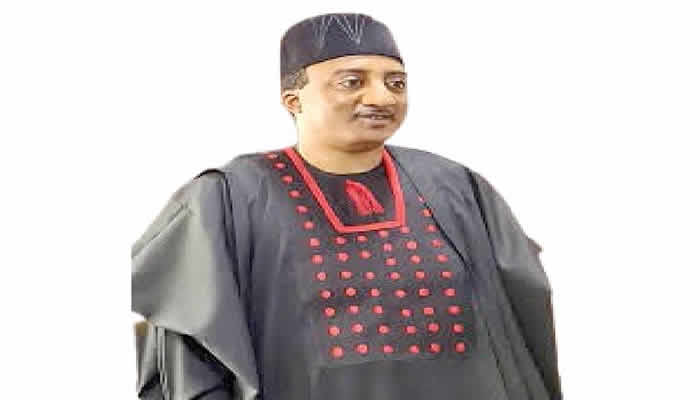The SDP Chairmanship Tussle: A Deep Dive into Alhaji Shehu Gabam’s Defense
The Social Democratic Party (SDP) finds itself embroiled in a leadership crisis, with its National Chairman, Alhaji Shehu Gabam, vehemently denying reports of his suspension. Gabam, in a press conference held at the party’s Abuja headquarters, dismissed the suspension claims as "fake news," a product of political machinations designed to destabilize the party. He asserted his continued leadership, backed by members of the National Working Committee (NWC), emphasizing that no official NWC meeting had sanctioned such a decision. This public declaration of his chairmanship underscores the depth of the internal divisions within the SDP and raises questions about the motives behind the alleged suspension attempt.
Gabam attributed the ongoing crisis to a calculated effort by a political coalition, working in concert with disgruntled SDP members, to fracture the party’s leadership. He accused these forces of seeking to either seize control of the SDP or dismantle it entirely, perceiving the party as a formidable political threat resistant to manipulation. This portrayal of the SDP as a target of external forces paints a picture of a party grappling with both internal dissent and external pressures, highlighting the precarious position it occupies in the Nigerian political landscape. The chairman’s claim of a concerted effort to destabilize the party suggests a deeper political game at play, one that transcends mere internal disagreements.
Central to Gabam’s defense is the alleged procedural impropriety surrounding the purported suspension. He revealed attempts to convene an unauthorized NWC meeting without his knowledge, a move he believes was orchestrated by his detractors. He highlighted the Independent National Electoral Commission’s (INEC) rejection of a request for the meeting, citing the absence of his signature as evidence of its illegitimacy. This rejection by INEC lends credence to Gabam’s assertions and further underscores the procedural irregularities surrounding the alleged suspension attempt. The INEC’s involvement adds another layer of complexity to the dispute, raising questions about the legality and validity of actions taken by certain factions within the SDP.
Gabam’s accusations extend beyond internal party politics, reaching into the realm of national security and democratic principles. He issued a stark warning about the potential misuse of security agencies for political intimidation, urging President Bola Tinubu to intervene and ensure their impartiality. He framed the alleged attempts to oust him as a threat not only to himself and the SDP but to the broader democratic fabric of Nigeria. By invoking the potential for the erosion of democratic norms, Gabam elevates the conflict beyond a mere internal party squabble, casting it as a matter of national importance. His call for presidential intervention underscores the perceived gravity of the situation and the potential for its impact on the political landscape.
Addressing allegations of financial mismanagement, Gabam vehemently denied any wrongdoing, asserting that all financial transactions under his leadership were properly documented and transparent. He challenged his accusers to provide concrete evidence, emphasizing the availability of bank records that detail all financial dealings. He further pointed out that all NWC members, including those leveling accusations against him, are accounted for in these records, reinforcing his claims of transparency and accountability. This direct challenge to his accusers, coupled with his insistence on the availability of documented proof, aims to dispel the allegations of financial impropriety.
Gabam’s robust defense and counter-accusations portray a party grappling with significant internal divisions and external pressures. He strategically positions himself as a defender of the SDP against both internal factions and external forces seeking to undermine its stability. His call for presidential intervention and his emphasis on the potential threat to democratic principles highlight the heightened stakes in this leadership struggle. The ongoing dispute within the SDP raises crucial questions about the party’s future and its ability to navigate the complex political terrain of Nigeria. The outcome of this power struggle will undoubtedly have significant implications for the party’s trajectory and its role in the broader political landscape.


